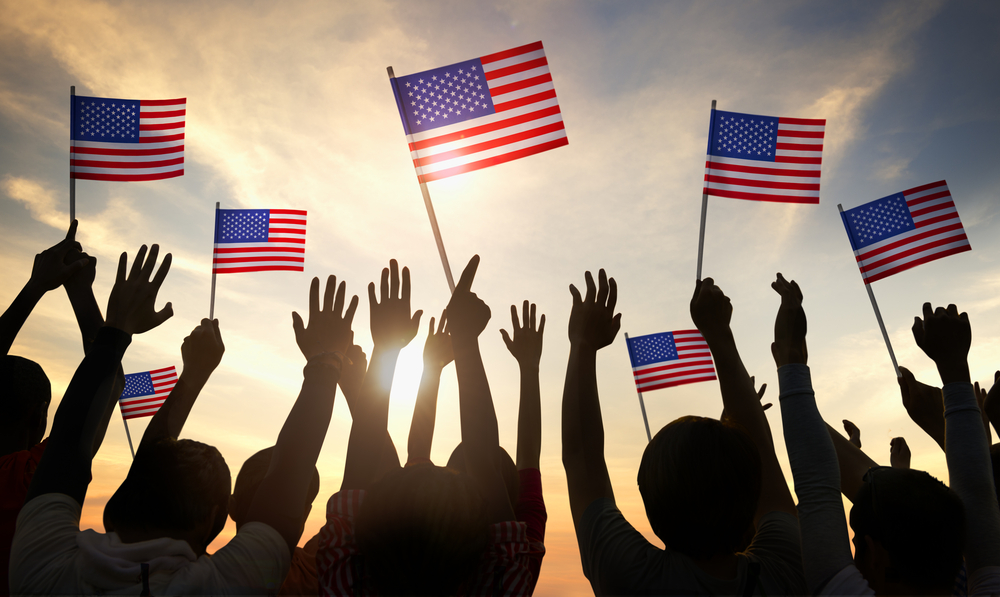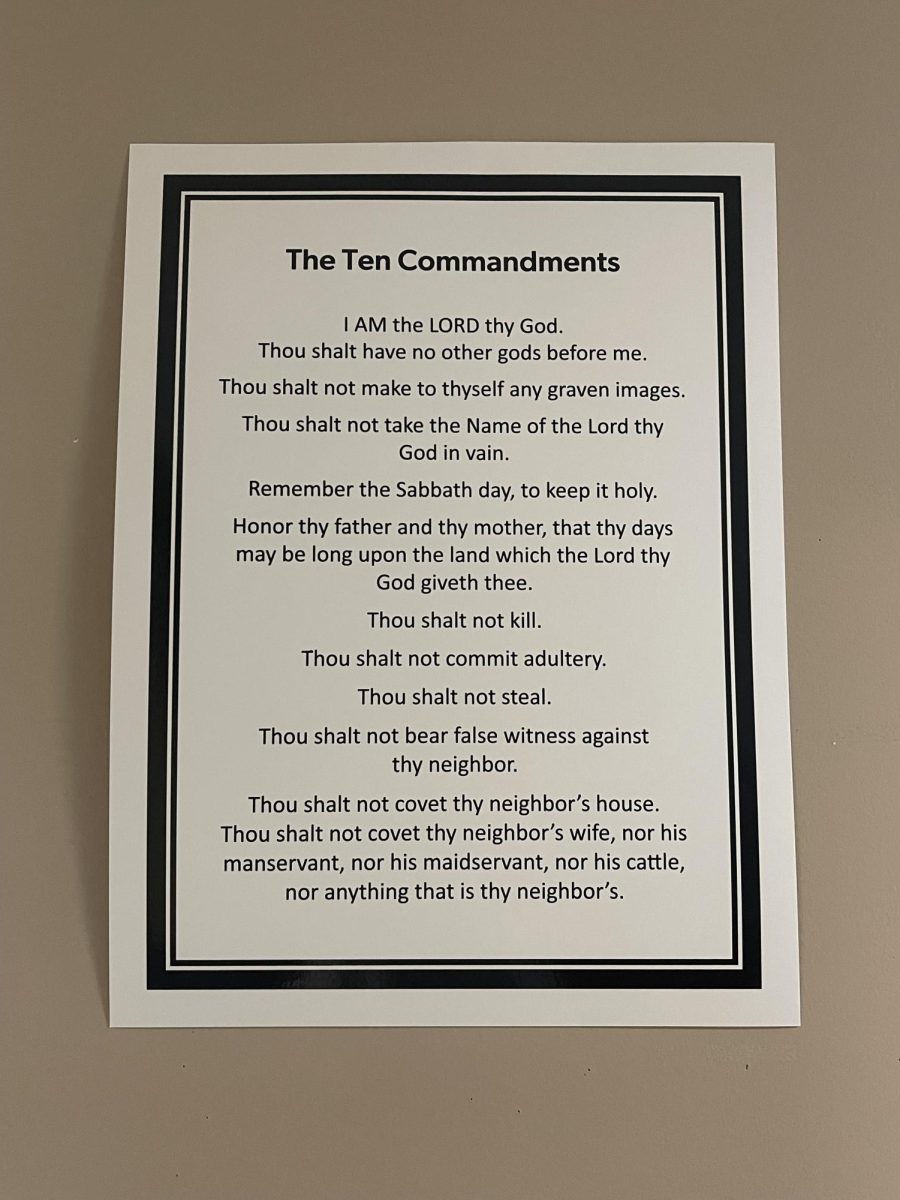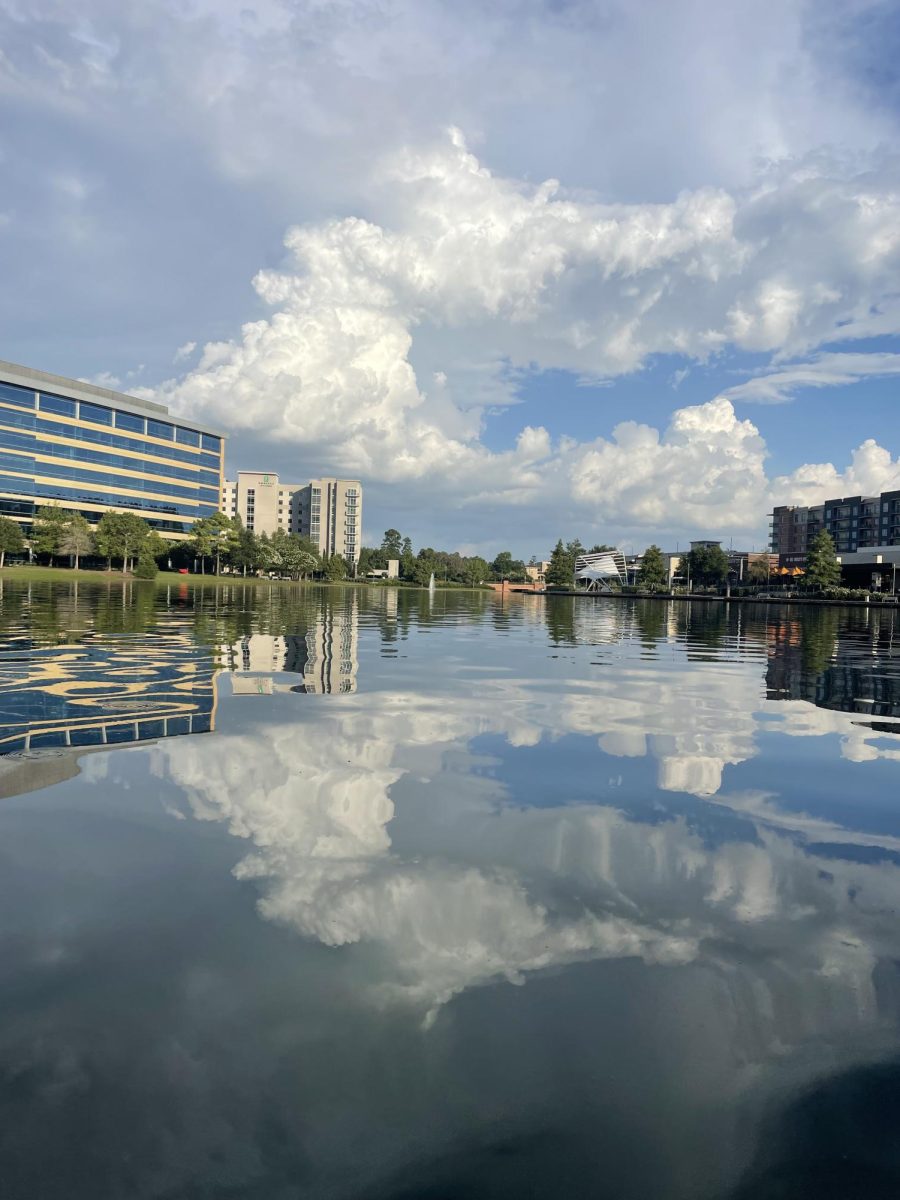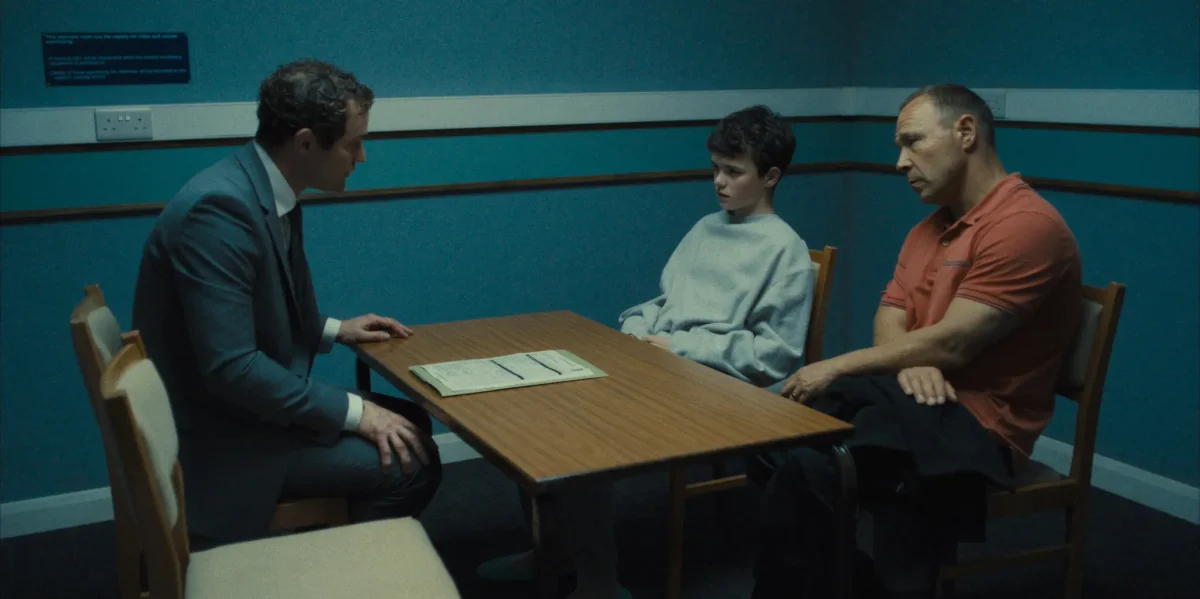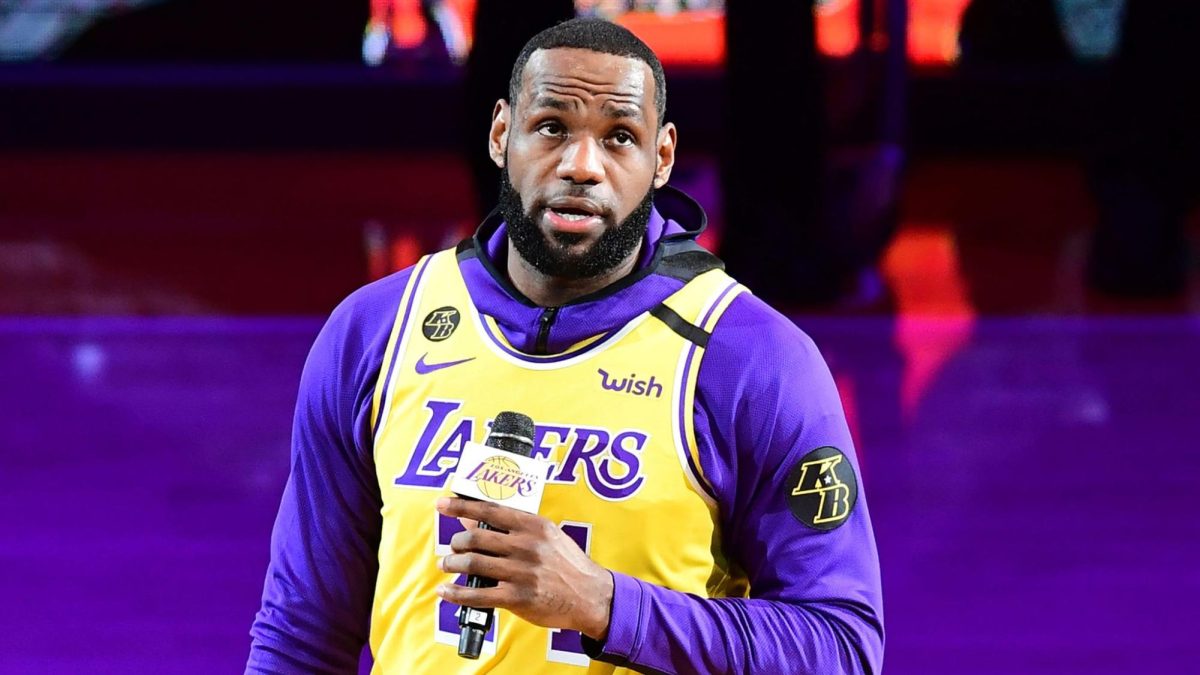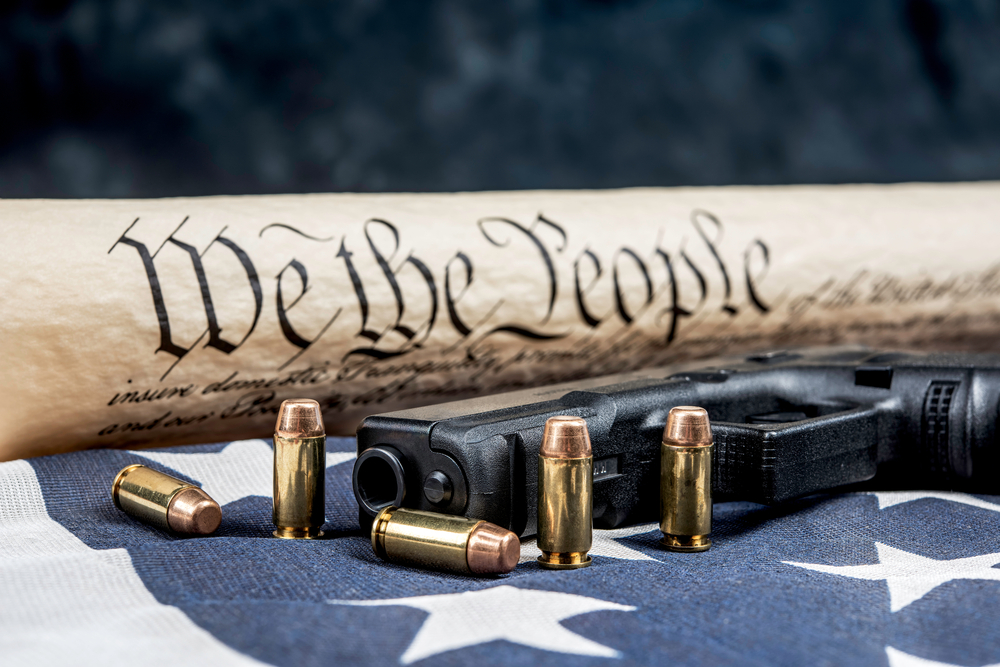For centuries, we’ve allowed political divides to define our national identity. Labels like “liberal” and “conservative,” “Democrat” and “Republican,” have created division that overshadows what matters: the shared experiences that connect us as Americans. Now it is time to focus less on partisanship and more on the values and challenges that make us Americans.
Yes, elections have consequences—they set the course of the nation for the next four years. But an election does not define our identity, nor does it define our destiny forever. Whether you are thrilled or disheartened by the past election’s outcome, remember – it is but a moment in time. The real question is not who holds power but how we address the urgent issues that go beyond political cycles.
Think about the everyday challenges millions face. For women, the debate over reproductive rights is not an abstract issue—it is a question of autonomy and equality. For immigrants, the conversation about border policies is not theoretical—it is about dignity and survival. These are not partisan talking points, and though we may have different perspectives on these issues, it is important to consider the risks and consequences they carry because these are human realities. It is not about being right or wrong but about standing as one nation to face the complications ahead. And while no single person can predict the future, we can decide together how we face it.
Being conservative is neither right nor wrong. The same goes for being liberal. Treating these identities as absolutes is destructive, as if one ideology holds all the answers. We must reject the parody, since the notion that Democrats are communists or Republicans are fascists does nothing to solve our problems. Indeed, it only distracts us from the real work we need to do.
America faces real challenges – climate change, immigration reform, economic instability, civil rights issues, and the fight for gender equality – just to name a few. These issues demand action, not endless ideological squabbles. Americans must shift focus from political fidelity to practical solutions, and from entrenched positions to shared goals.
The truth is simple. Our future depends on unity, not division. It is time to stop asking which side is right or wrong but start asking what is best for our country. Let facts and commitment to progress guide us forward, not political ideologies that are biased. When we begin to do that. Together, as Americans, we will be able to defeat these obstacles ahead—not as members of opposing factions, but as citizens of a shared nation. The key to progress is finding common ground for nonpartisan agreements that prioritize our needs over politics.
Works Cited:
Clifton, Jer “Many differences between liberals and conservatives.” Scientific American, 1 Mar. 2023
“Conservative vs liberal beliefs” Student News Daily. 2010.
“Political Polarization in the American public” Pew Research Center, 12 Jun. 2014.

